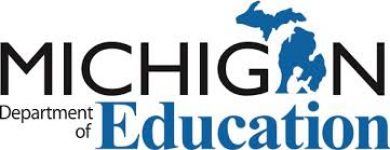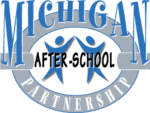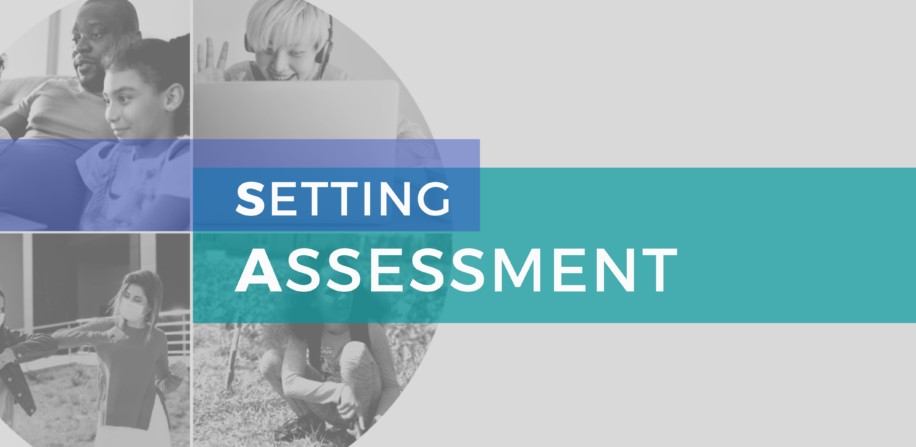The Guidance for Out-of-School Time Learning at a Distance (GOLD) is a program quality assessment for 21st Century Community Learning Centers (21st CCLC) and other community-based programs (e.g., school-age childcare, YMCA, 4 H, Boys & Girls Clubs) that have transitioned virtual, socially distanced in-person, and blended service models. For these new models, the GOLD will:
 Help staff document local standards for quality and make improvements
Help staff document local standards for quality and make improvements
 Help leaders to assess organizational readiness and demonstrate accountability
Help leaders to assess organizational readiness and demonstrate accountability
 Help funders and intermediaries target supports
Help funders and intermediaries target supports
By explicitly engaging family or caregiver strengths, assuring flexible supports, and sharing accurate information about the future (e.g., plans for school and OST in the coming months), the GOLD was specifically designed to address both the young person’s socio-emotional wellness and the conditions of academic learning. The four GOLD domains of quality are: I. Family Centered Engagement, II. Individual Learning Environment, III. Distance Programming, and IV. Planning with Children, Families, Caregivers, and Schools.
Manual
Tool Introduction, Protocol, Standards and Indicators, FAQ, Promising Practices, Method for development and Contributors.
DownloadSelf Assessment Form
All 27 indicators and self-assessment rubric form. This document can be an be completed digitally or manually.
DownloadDatabase of resources
These resources provide additional information and offer insight and best practice for educators.
OpenThese materials were developed under a grant awarded by the Michigan Department of Education.


Citation: Smith, C., Roy, L., Smith, L., Sutton, M., Peck, S. C., & Porter, K. (2020). Guidance for Out-of-School Time Learning at a Distance: Standards and Self-Assessment Manual. Lansing, MI: Michigan Afterschool Partnership and QTurn LLC.
